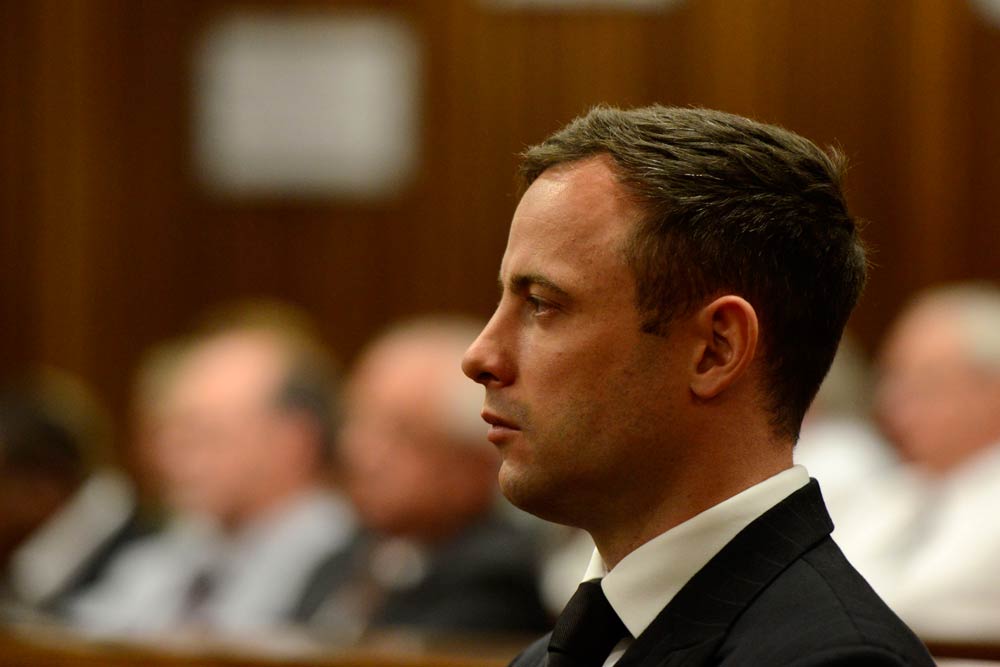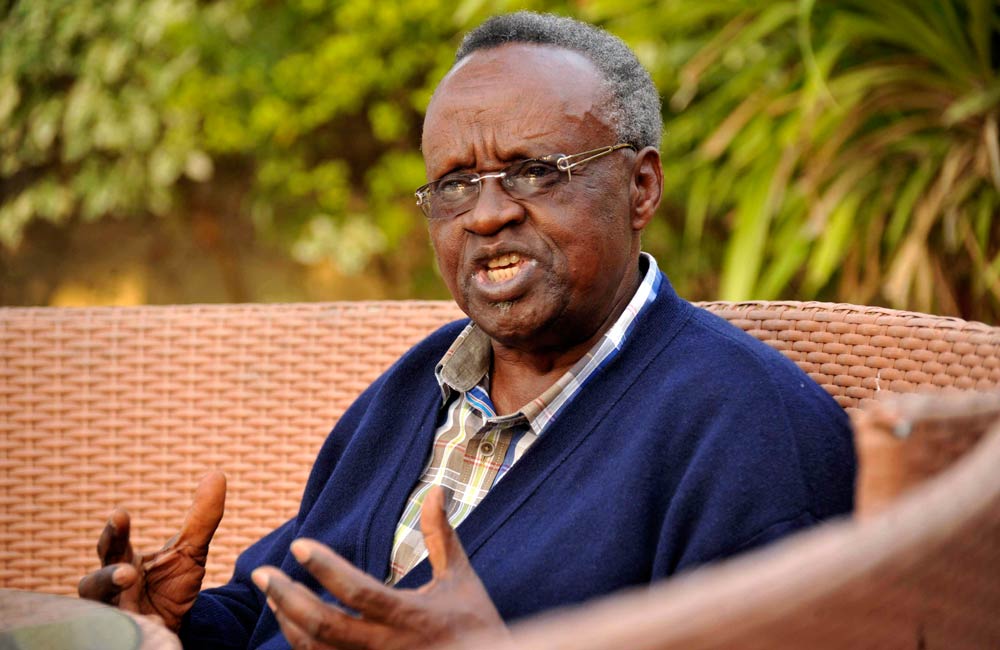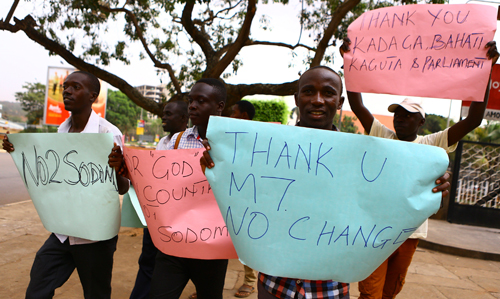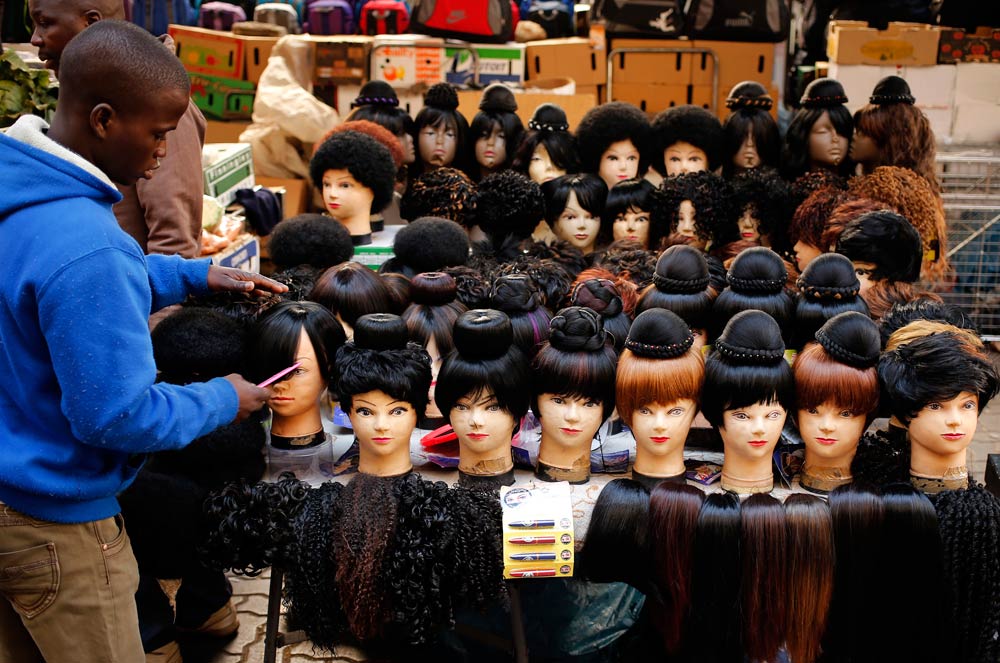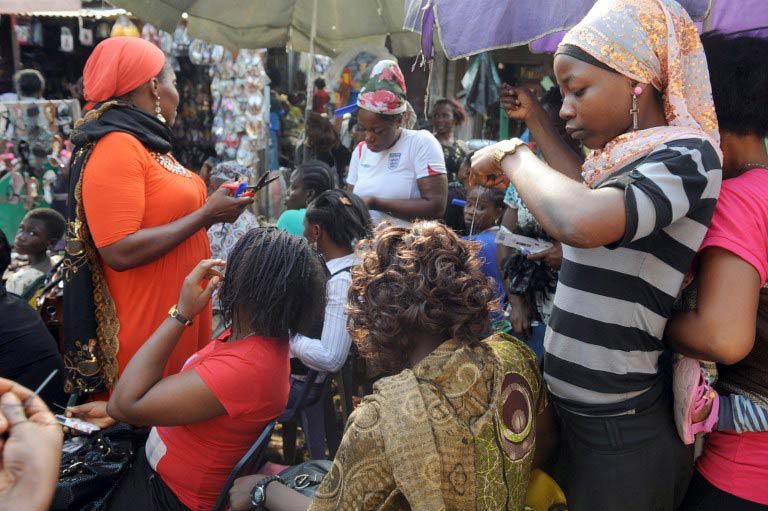Forty years ago, Henri Kouakou was struggling to support his family farming a small plot outside Bondoukou, a dusty town in northeastern Côte d’Ivoire, when he first learned that money did, in fact, grow on trees – cashew trees.
“I was raising yams back then and wasn’t earning enough. I heard people talking about a new tree you could make money growing,” he said, strolling through his plantation beneath a canopy of cashew tree branches.
By his own reckoning, Kouakou, among the earliest pioneers of the Ivorian cashew sector, is nearly 100 years old. He has seen the nuts, initially planted in the 1970s to combat desertification, emerge as an important cash crop for the West African nation’s impoverished north.
And with output growing by over 10 percent annually – attracting the attention of a government desperate to jump-start its economy after a decade of war and political chaos – he will likely live to see his country dominate the world market.
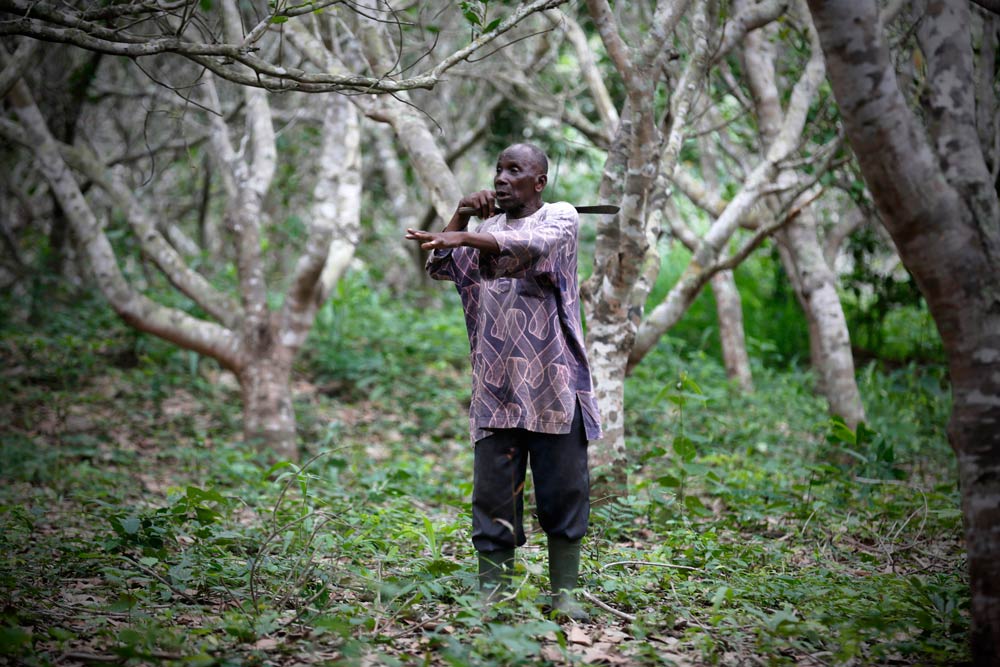
Even a decade ago, Côte d’Ivoire was a middling producer, growing around 80 000 tonnes of raw cashews per year. By last season, however, as demand for the nuts has grown, output had jumped to around a half million tonnes, making it the world’s top exporter and second to India in overall production.
Astounding growth
In the north of the country, cotton and cashews are the only cash crops, so as some cashew growers have started to do well, others have piled in. Output has increased because new plantations planted in recent years are coming into production.
“The growth is more than impressive. It’s astounding,” said Jim Fitzpatrick, a cashew expert. “We’ve never seen a country grow its production in the way Côte d’Ivoire has over the past decade.”
This season, for the first time, the government set a guaranteed minimum price for cashew farmers, fixing it at 250 CFA francs ($0.48) per kilo of raw nuts. According to Malamine Sanogo, managing director of the sector’s marketing board, the Cotton and Cashew Council (CCA), Côte d’Ivoire has hardly scratched the surface of the enormous potential.
Ninety-five percent of Ivorian output is exported raw to India and Vietnam for processing. Sanogo says that work should be done in Côte d’Ivoire by Ivorian workers.
“We think that with processing we will create many jobs and we will create lots of added value for the country,” he said.
Within the next five years, the CCA wants 35 percent of Côte d’Ivoire’s raw cashew output processed locally. Sanogo said bringing processors closer to producers will allow Côte d’Ivoire to cut out some of the intermediaries in the supply chain, boost prices for farmers, and above all create jobs.
Having doubled production over the past decade, Africa’s two million cashew farmers produce nearly half of the world’s supply of raw nuts, according to the African Cashew Alliance. Many, including growers in top African producers Guinea-Bissau, Nigeria and Mozambique, are watching closely Côte d’Ivoire’s efforts to become a major player in a global market valued at up to $7.8 billion.
War and revival
In 2002, a failed coup attempt plunged Côte d’Ivoire into a civil war that split the world’s top cocoa producer in two. Once a model of stability and prosperity in a troubled region,Côte d’Ivoire would remain divided between rebels in the north and southern government loyalists for almost a decade.
Having emerged as the country’s new president following a civil war in 2011, Alassane Ouattara, a former senior International Monetary Fund official, has ushered in economic growth of over 9 percent in past two years.
But little of that growth – fuelled largely by billion-dollar investments in large infrastructure projects – has trickled down to the nearly half of Ivorians living on less than $2 per day. That’s where the government hopes cashews can help.
Some 600 000 farmers already grow the nuts, according to the CCA. But the creation of a domestic processing industry would mean more jobs in the sector.
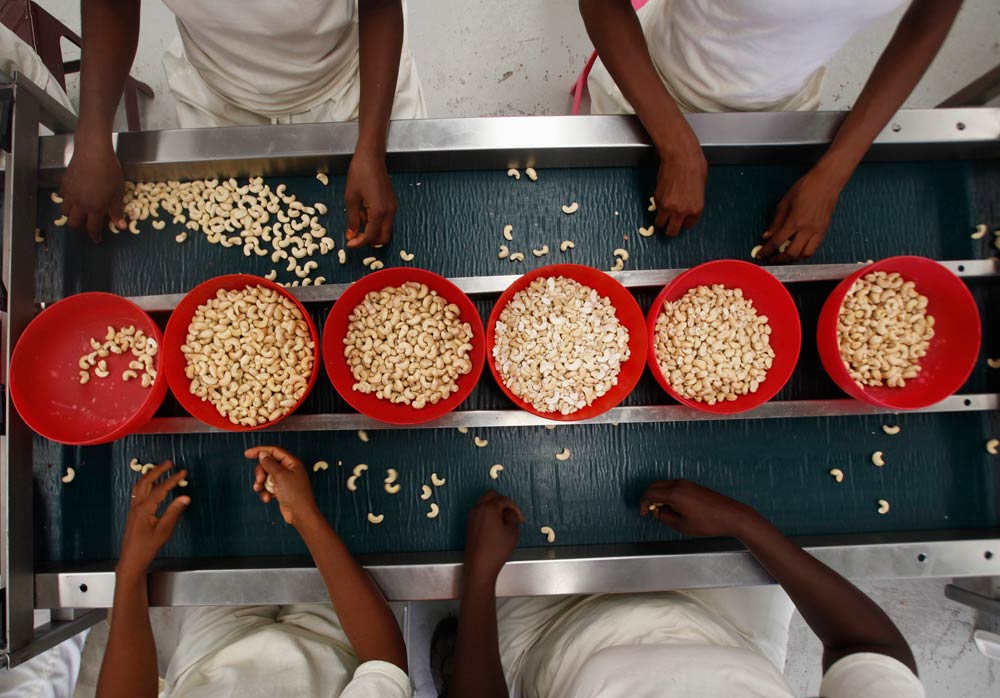
Advocates of the plan point to the giant cottage industry in India where a typical unit processes around 10 tonnes of cashews a day with a workforce of 1 000.
According to a study carried out by the CCA, every 100 000 tonnes of processing capacity Côte d’Ivoire develops will create 12 300 factory jobs and another 10 000 elsewhere in the sector.
On the spotless campus of the large processing factory run by Singapore-based soft commodities trader Olam International in the central city of Bouake, uniformed employees queue up every morning for work.
The plant and a second, smaller facility, employ around 3 500 workers with capacity to process 40 000 tonnes.
“You can imagine if we can process 10 times this number how much employment can be created. And that is only direct employment,” Issa Konate, Olam’s head of procurement for the facilities, told Reuters.
Panacea for unemployment
If it can pull it off, Côte d’Ivoire would be the first African nation to build a large-scale cashew nut processing sector as a panacea for unemployment, a problem plaguing countries across the continent.
The African Cashew Alliance estimates that a 25 percent increase in raw cashew nut processing in Africa would generate more than $100 million in household income.
But Ouattara’s government has an additional, even more pressing, concern: creating gainful employment for the 74,000 ex-combatants it is seeking to demobilise in the coming year.
“That’s what happened in Vietnam,” Yao Appia Koffi, vice-president of Côte d’Ivoire’s Cashew Exporters Association. “When they were emerging from their war in the 1980s they developed that industry and it allowed a lot of ex-fighters to find work.”
The broken nut conundrum
Not everyone is so starry-eyed, however. “Processing? I’m not sure what the government can do … It’s foolishness,” one Côte d’Ivoire-based cashew exporter said, asking not to be named. Côte d’Ivoire indeed faces some daunting obstacles.
In addition to competing with processing sectors in India and Vietnam, it must convince private sector partners that political stability will last. It also needs major investments in machinery and must train tens of thousands of new workers.
But its biggest challenge will be what to do about nuts damaged in processing – what the industry calls brokens – which typically constitute 30 to 40 percent of output.
In India, the world’s largest cashew producer and also the biggest consumer, brokens are absorbed by the domestic market. The same is true in Brazil, the number three processor. Vietnam has traditionally sold much of its brokens in India and has another big market for damaged nuts, China, next door.
Côte d’Ivoire, with only infinitesimal domestic consumption, has none of these options, and its less skilled workforce means that the portion of brokens is even higher there.
Promoting cashew consumption in Côte d’Ivoire and neighbouring countries is one possibility. But even supporters of this strategy admit it will take time with no guarantee of success.
Côte d’Ivoire’s cashew sector may just have come of age at the perfect time. Experts say investors, worried by the dominance of India and Vietnam, are showing interest in diversifying supply and Africa is a logical choice for new processing facilities.
From just 35 000 tonnes in 2006, Africa processed a total of 114 600 tonnes of raw cashew nuts in 2012.
At the same time, manufacturers say technological advances in processing equipment will reduce the number of brokens to between 10 and 20 percent. Even the definition of what constitutes an exportable nut appears to be changing.
Only last year, the difference in the price of a pound of export quality, whole kernel cashews and large brokens was around $2. That difference is now less than a dollar.
“If that trend persists it will create a big change in the economics of processing,” said Fitzpatrick, who works with the African Cashew Initiative, United Nations, European governments and private investors to develop cashew processing in Africa.
Demand for edible nuts is growing, but the supply of pristine nuts is not. So it appears that buyers are willing to buy more, and pay more for, brokens.
Back in Bondoukou, Henri Kouakou is cautiously optimistic. He’s long been at the mercy of volatile, unregulated prices. Not far from his plantation stands a sprawling compound he started building for his family but has never been able to finish.
“If the government could raise the price to 400 or 450 CFA francs I would retire right now. I would be at home with enough money to eat and feed my entire family.” (1 US dollar = 517.9300 CFA franc)

